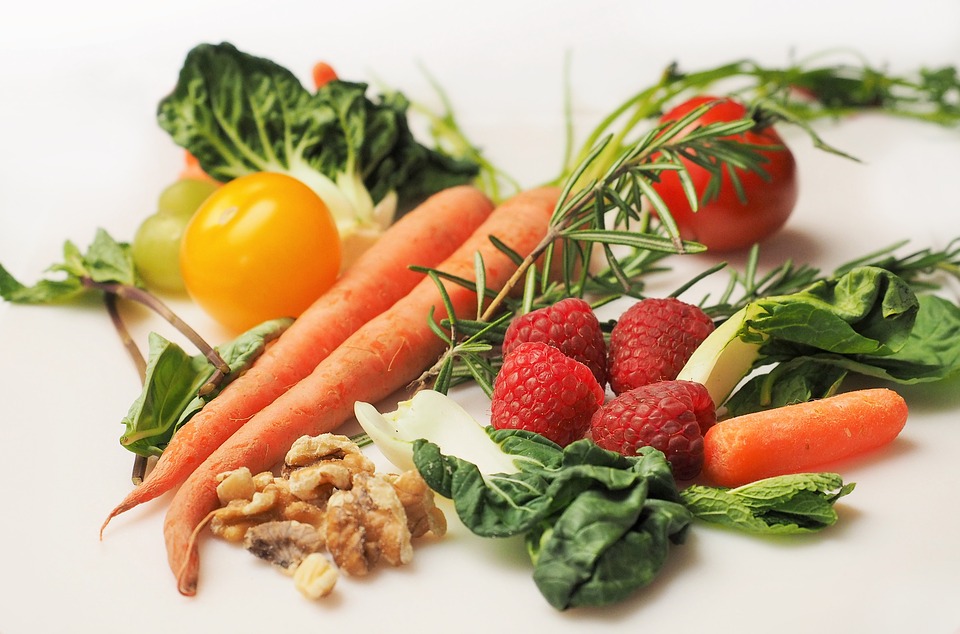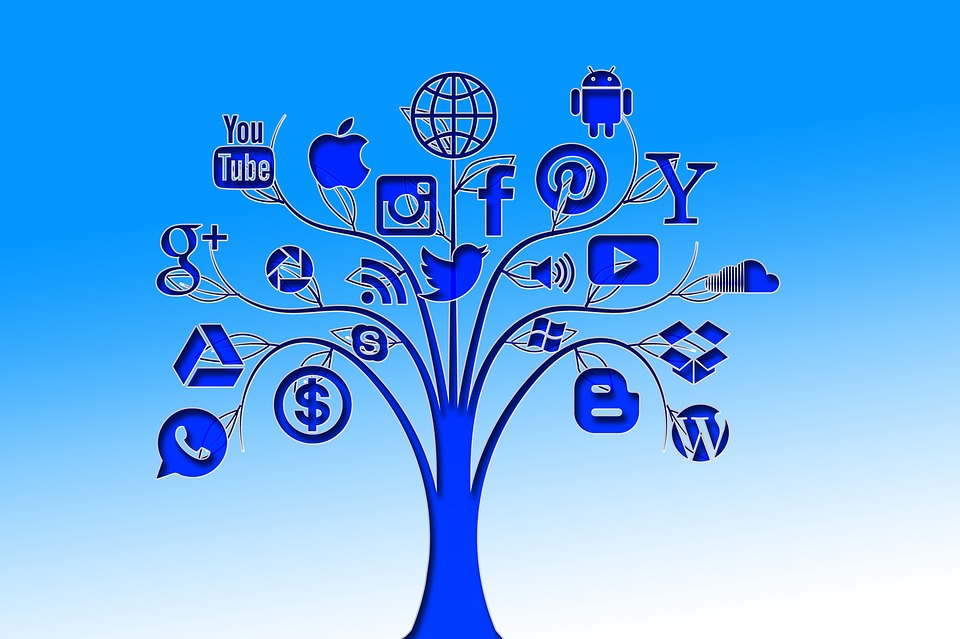Having just watched Grace Victory’s “Dirty Secrets Behind Clean Eating” I felt compelled to write a post about this topic. The programme raised some important points about the dangers of who we trust within the health and fitness industry, and she did so in a lighthearted, informative way. It’s an industry saturated with bloggers, Vloggers and Instagram snappers, all happy to promote their lifestyle plans promised to ‘transform’ your health, and bring you body confidence, even cure disease.
If you find yourself captivated by pretty pictures and persuasive captions, you’ll be disheartened to know many of these are not scientifically supported health claims, or being delivered by qualified nutritionist, dieticians or fitness professionals.
In fact, if you google nutritionist qualification you can come across many online courses for around £50 giving you that “title” and the persona of importance.
But our diets are important. Health is important. Food has the ability to manipulate mood, cure and cause diseases.
The NHS has a whole list of popular “fashionable” diets (sorry … “lifestyle choices”) people are embarking on. From Paleo, 5:2, Dukan, to the controversial Alkaline diet The list is endless. Each with their own arguments for why they are the best thing since sliced bread… along with their reasons for not eating sliced bread.
The concept of living a healthy, balanced lifestyle, has never been made more difficult for us to grasp. We have become the generation of dieters.
But before we splash our cash on something so serious as our health, are we reallyquestioning what advice we’re taking? and who it’s coming from? Or are we throwing our pennies down a dirty drain to detrimental mental health?
Clean Eating and the Diet Industry Explored

The weight loss market alone is estimated to reach £220billion by 2017.
The pockets of those industries bursting whilst the only thing getting thinner is your wallet. Have you seen the price of chia seeds?!
The concept behind clean eating sounds logical and healthy:
“Rather than revolving around the idea of ingesting more or less of specific things (for instance, fewer calories or more protein), the idea is more about being mindful of the food’s pathway between its origin and your plate. At its simplest, clean eating is about eating whole foods, or “real” foods — those that are un- or minimally processed, refined, and handled, making them as close to their natural form as possible.”
Eating a diet which is rich and varied in whole foods; fruit, vegetables, grains, pulses, nuts, seeds, meat and fish. Is of course, good. These foods will undoubtedly be packed with more vitamins and nutrients than processed foods, however, processed foods have their place and if you believe you eat 100% unprocessed, well I’m afraid you probably don’t. Hidden processing is everywhere, so does that mean you are now “unclean”. And if so, why is that so bad? What is going to happen to you?
Labelling foods as ‘good’ or ‘bad’, ‘clean’ or ‘unclean’ actually is dangerous to us psychologically as well as physically. It is the reason why many are creating unhealthy obsessions with food and weight, and using diet to avoid feelings of guilt or fear around eating and weight gain.
This now has a clinically recognised eating disorder known as orthorexia.
The Power of Social Influence

Increase in social media usage positively correlates with eating and body dysmorphic disorders and low-self esteem.
“You are 3 times more likely to suffer a severe mental health problem if you are a frequent user of social media” – University of Pittsburg
We need a reality check
So, is your super green, low carb, high protein, no gluten, dairy free, sugar free, macro monitoring, carb crunching, vegan, diet, really, really, you being honest with yourself?
My front line experience has left me like a sniffer dog able to smell an eating disorder (ED) from a mile away.
As soon as I click onto Instagram my radar is constantly pinging from post-to-post in the sea of seemingly “confident” and “grounded” fitness inspirations, displaying textbook typical ED behaviours:
-
Avoiding foods because they labeled/associate them as bad, or cause guilty feelings after being eaten.
-
Controls and rules, surrounding a diet which they don’t have any medical purpose for applying.
-
Dependence on keeping weight or body fat % low
-
Counting macros, with no medical or occupational reason for needing to.
That’s not to say all social media accounts are negative, but we do have to be wise about the information we’re exposing ourselves too and what we’re believing to be reliable advice over what will feed a disordered relationship with your food and body.
Top-tips to filter your news feeds:

So, when you’re next faced with making the decision about what to spend your time and energy reading and believing, ask yourself these questions:
1. What’s there message?
Is it one of positivity and balance, or does it create faulty associations (good/bad foods) alongside other disordered and unhealthy habits.
2. Are they qualified?
What makes them worth listening to? Are they qualified to give this advice? Make sure the sources you are trusting are credible, and do not be afraid to be critical and do your own research. Note. Having a large social media following does not qualify you to give lifestyle advice.
3. Are they all talk no walk?
Ever heard of the saying “Do what I say, not what I do”
It’s easy writing a motivational quote alongside a well shot snap, but remember it is a business, and they may be more concerned about their growing pay cheques and sponsors than the implications they’re having on your health.
Approximately 1/3 of wellbeing bloggers seek help for disordered eating themselves, so bare in mind, you may be accepting advice from those still in need of help themselves.
Alongside this, Robert O’Young, who promoted the Alkaline diet as a cure for cancer, was arrested for his false claims and practicing medicine without a license to do so. But yet thousands of people buy into this. Be willing to research about who it is you’re following.
4. Are they realistic?
Being a student living off a whole-foods, organic, no preservatives…all that jazz, diet, is not realistic (or necessary). Neither is exercising every day when you work a 9-5 job or have a family to provide for. Do the accounts you’re aspiring to realistically fit the lifestyle you can achieve and afford, to meet your health and wellbeing goals.
5. Is it positively challenging you?
Is it challenging your approach to yourself, your body and helping you to grow?
Or are you left feeling inadequate, bombarded by rules and demotivated by comparisons?
If it’s the latter, this is not good for your mental health. Click Unfollow.
Final Thoughts
For me, and many of you other social media savvies, we need to be self-aware.
If you have a social media platform you post to regularly, ask yourself;
-
What is my message?
-
What image am I creating, is this a positive one or could it be damaging?
-
How does this reflect my goals and values?
Remember, ultimately our worth is not based on our bodies, and not labelled by our diets. So look out for the haters, and spend time following the accounts that inspire and challenge you to be your best, live your best and love to your best.
